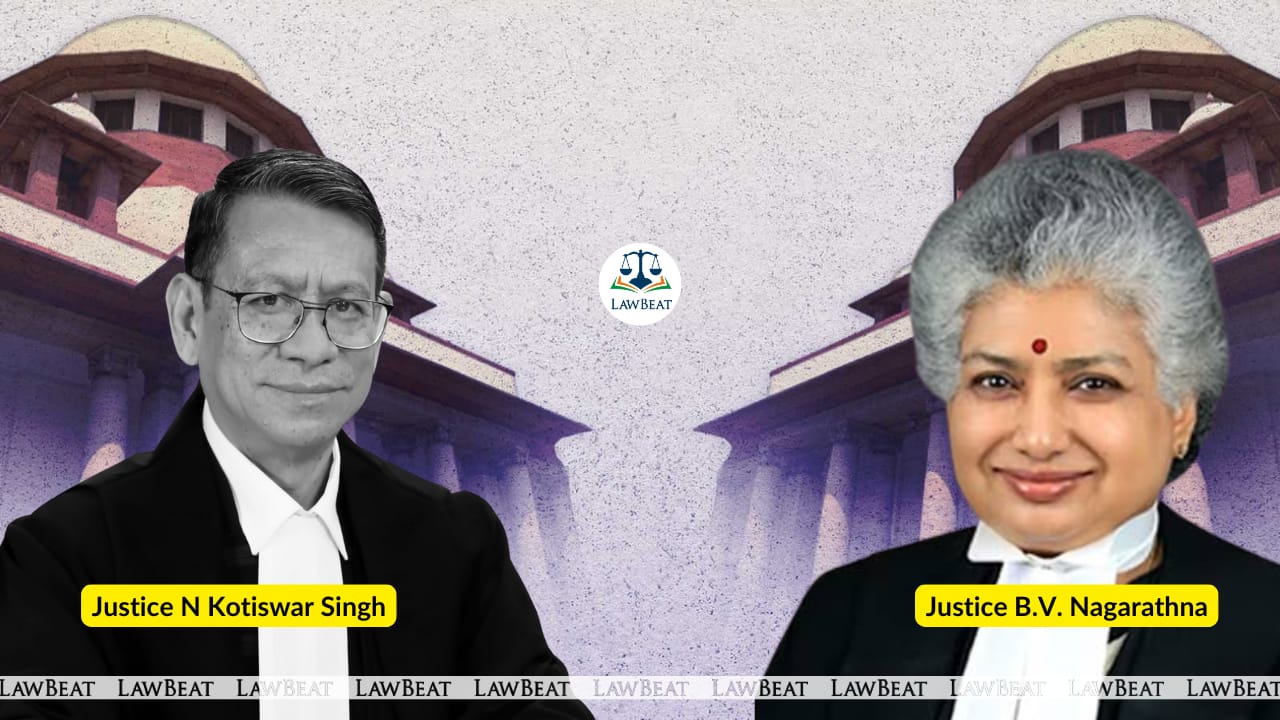Right to Appeal in Matters of Liberty Is a Fundamental Right: SC

The Supreme Court held that the dismissal of the appeal based on mere technicalities, without a substantive assessment of the appellant's reasons, was erroneous
The Supreme Court has said that the right to appeal against a conviction impacting an individual's liberty is a fundamental right, as derived from the broad interpretation of Article 21 of the Constitution. It emphasized that appeals cannot be dismissed as time-barred without carefully considering the reasons for the delay.
A bench of Justices B V Nagarathna and N Kotiswar Singh allowed a petition filed by Mahesh Singh Banzara against the Madhya Pradesh High Court's judgment of March 2, 2023, which dismissed his application for condonation of delay of 1637 days in filing a criminal appeal against his conviction and sentence of seven years rigorous imprisonment and a fine of Rs 10,000 and six months imprisonment in default under Section 366 of the Indian Penal Code (IPC) and 10 years rigorous imprisonment and a fine of Rs 50,000 with default sentence of six months imprisonment under Section 376(2)(n) of the IPC.
After the dismissal of the appellant's application seeking condonation, the conviction and sentence passed by the Trial Court on July 23, 2015 attained finality.
In his appeal before the apex court, the appellant's counsel submitted the reason for delay was a lack of monetary resources and his going out of station to earn his livelihood.
The High Court had construed it to mean that the appellant had absconded after the passing of the judgment and hence, had not been inclined to condone the delay in filing the appeal.
Consequently, the appellant had been deprived of his opportunity of assailing the said conviction as well as sentence.
Examining his plea, the top court said, in Dilip S Dahanukar Vs Kotak Mahindra Co Ltd (2007), the court had observed that an appeal is indisputably a statutory right and an offender who has been convicted is entitled to avail the right of appeal which is provided for under Section 374 of the Criminal Procedure Code.
"Right of Appeal from a judgment of conviction affecting the liberty of a person keeping in view the expansive definition of Article 21 is also a Fundamental Right," the bench said.
The court pointed out, it was also observed in Rajendra Vs State of Rajasthan (1982), that where the appellant furnishes reasons for delay in filing an appeal, the court would not dismiss the appeal as time-barred without examining the reasons for the delay.
"Hence, it is evident that the right to appeal, particularly when it concerns the liberty of an individual, is a fundamental right under Article 21 of the Constitution. The High Court's order dismissing the appeal solely due to delay, without properly examining the reasons for the delay, therefore, warrants reconsideration," the bench opined.
Therefore, the court said, there was a necessity of examining the reasons for delay in filing an appeal since the dismissal of the appeal based on mere technicalities, without a substantive assessment of the appellant's reasons, was erroneous.
"In the circumstances, we find that the ends of justice would be subserved in the instant case if the impugned order dated 02.03.2023 is set aside. Consequently, the delay of 1637 days in filing the criminal appeal is condoned by allowing the application," the bench ordered.
The court restored the criminal appeal to the file of the High Court with request to dispose of the matter on merits and in accordance with law.
Case Title: Mahesh Singh Banzara Vs State of Madhya Pradesh
